Mastering the DRCOG PDF
Mastering the DRCOG PDF Free Download

This book is written with two main aims: to help you pass the Diploma of the Royal College of Obstetricians and Gynaecologists (DRCOG), and to make to you competent and confident in the management of women and their reproductive or sexual problems within the primary care setting. This book will prepare you for the care of the simple, yet common, daily difficulties encountered by women and those which present to the General Practitioner (GP) time and time again.The book covers which pill is the best for acne, the treatment options for heavy periods and the mechanism of a normal vaginal delivery to name but a few topics.This book also aims to equip the reader with emergency essentials such as how to resuscitate a new born baby, when to refer rapidly to a suspected cancer clinic, and how to manage a woman who has just been raped. The book is organised to reflect and fulfil the syllabus for the DRCOG examination directly, and chapters are laid out exactly to follow the DRCOG syllabus format.
The current DRCOG syllabus can be found on the Royal College of Obstetricians and Gynaecologists. The following paragraphs written in italics and within speech marks are the syllabus, quoted word for word for your convenience: ‘The DRCOG examination is an assessment of knowledge and competence in the subjects of obstetrics, gynaecology, sexual health and family planning.’ ‘It should be clearly understood by candidates that the DRCOG examination will assess knowledge and clinical problemsolving skills in the above domains as applied to Women’s health at a level appropriate for a General Practitioner (GP) in the United Kingdom.’ MODULE 1: BASIC CLINICAL SKILLS ‘You will be expected to understand the patterns of symptoms in patients presenting with obstetric problems, gynaecological problems, sexually transmitted infections and patients in a family planning setting.’ ‘You will be expected to demonstrate an understanding of the pathophysiological basis of physical signs and understand the indications, risks, benefits and effectiveness of investigations in a clinical setting.’
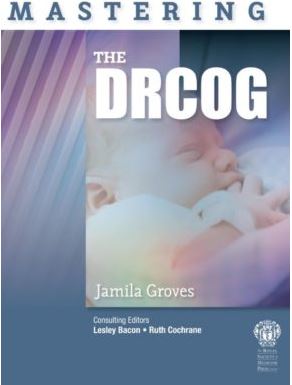
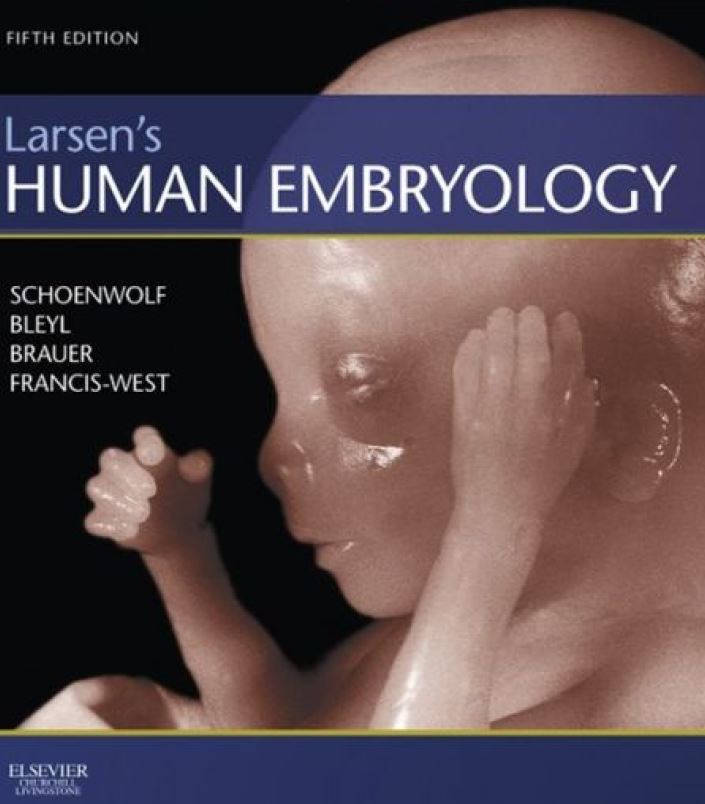
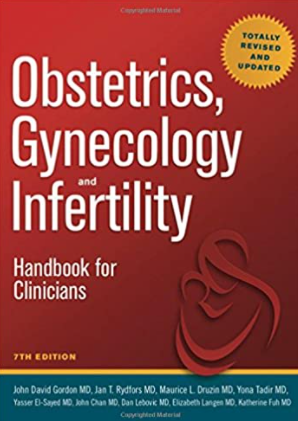
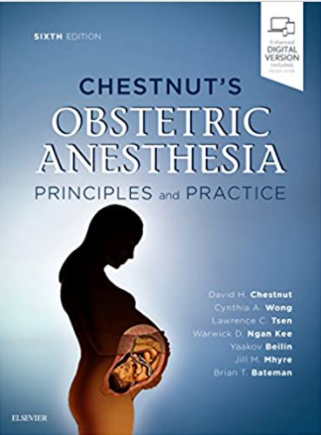
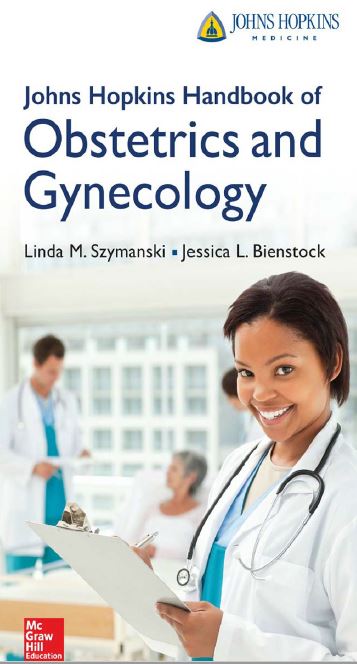
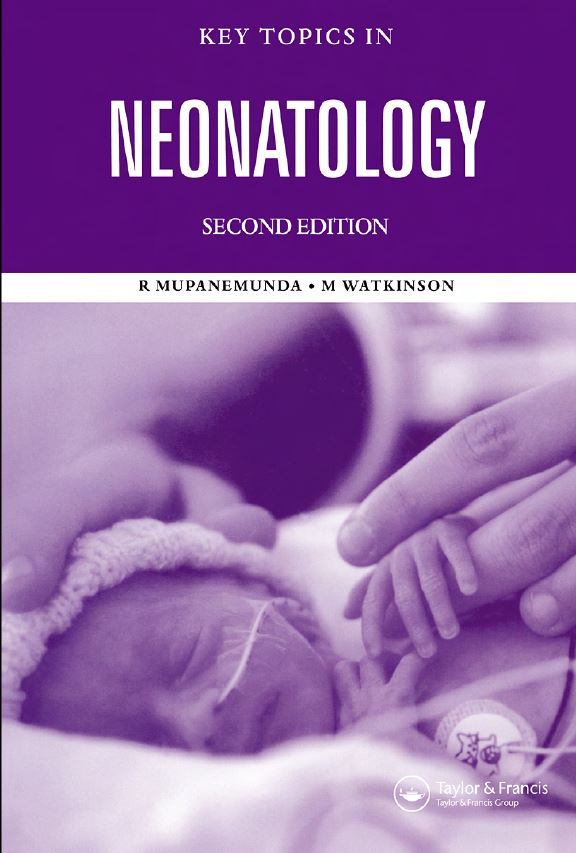
![Breast Imaging: A Core Review PDF Download [Direct Link]](https://pickpdfs.com/wp-content/uploads/2019/12/breast-imaging_a-core-review-pdf-1.jpg-768x549.png)